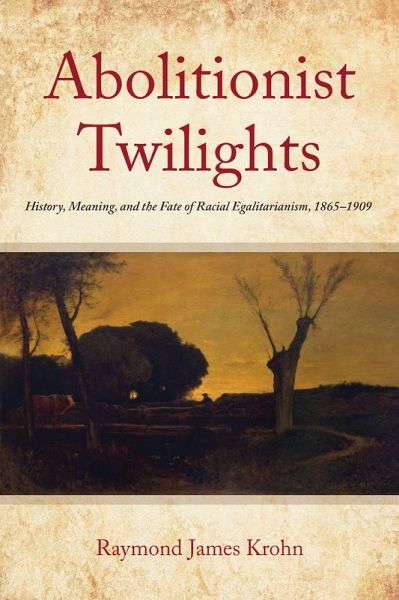
Abolitionist Twilights
History, Meaning, and the Fate of Racial Egalitarianism, 1865-1909
Versandkostenfrei!
Versandfertig in über 4 Wochen
122,99 €
inkl. MwSt.
Weitere Ausgaben:

PAYBACK Punkte
61 °P sammeln!
Provides unique insight into Reconstruction's downfall and Jim Crow's emergence. In the years and decades following the American Civil War, veteran abolitionists actively thought and wrote about the campaign to end enslavement immediately. This study explores the late-in-life reflections of several antislavery memorial and historical writers, evaluating the stable and shifting meanings of antebellum abolitionism amidst dramatic changes in postbellum race relations. By investigating veteran abolitionists as movement chroniclers and commemorators and situating their texts within various contexts...
Provides unique insight into Reconstruction's downfall and Jim Crow's emergence. In the years and decades following the American Civil War, veteran abolitionists actively thought and wrote about the campaign to end enslavement immediately. This study explores the late-in-life reflections of several antislavery memorial and historical writers, evaluating the stable and shifting meanings of antebellum abolitionism amidst dramatic changes in postbellum race relations. By investigating veteran abolitionists as movement chroniclers and commemorators and situating their texts within various contexts, Raymond James Krohn further assesses the humanitarian commitments of activists who had valued themselves as the enslaved people's steadfast friends. Never solely against slavery, post-1830 abolitionism challenged widely held anti-Black prejudices as well. Dedicated to emancipating the enslaved and elevating people of color, it equipped adherents with the necessary linguistic resources to wage a valiant, sustained philanthropic fight. Abolitionist Twilights focuses on how the status and condition of the freedpeople and their descendants affected book-length representations of antislavery persons and events. In probing veteran- abolitionist engagement in or disengagement from an ongoing African American freedom struggle, this ambitious volume ultimately problematizes scholarly understandings of abolitionism's racial justice history and legacy.





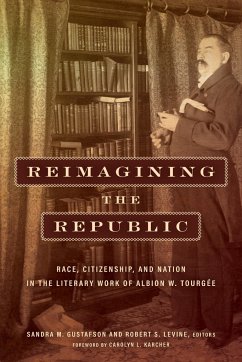

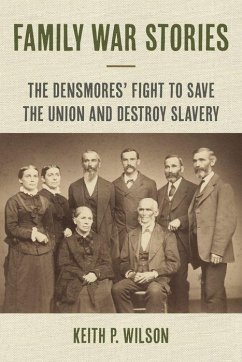
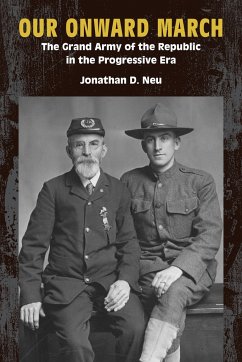
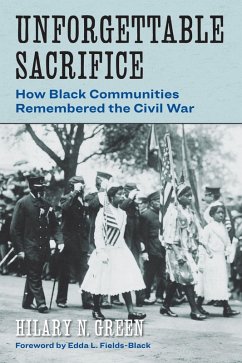
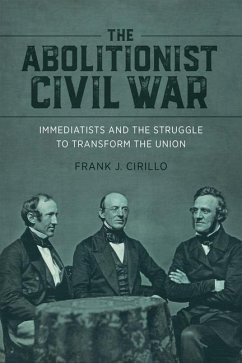

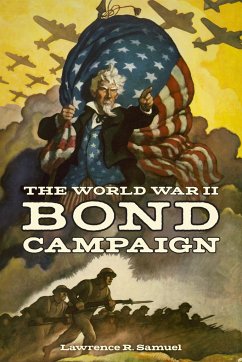
![Reminiscences Of An Abolitionist [l.coffin] Cover Reminiscences Of An Abolitionist [l.coffin]](https://bilder.buecher.de/produkte/71/71721/71721435n.jpg)